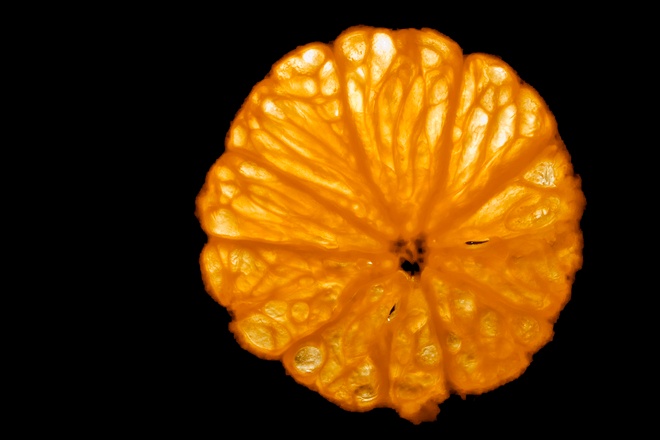One of the major challenges associated with an ageing global population is the increasing incidence of age-associated cognitive decline, which has significant implications for an individual's ability to lead a productive and fulfilling life.
In stark economic terms the cost of ageing reflects decreased productivity and engagement with the workforce. The maintenance of brain health underpinning undamaged cognition is a key factor to maintaining a positive, engaged, and productive lifestyle.
In light of this, the role of diet, including supplementation with nutritional and even pharmacological interventions capable of positively affecting the neurocognitive changes that occur with age constitute vital areas of research.

Pistachios
Some 300 grams provide 151mg of valine, ‘an essential amino acid’, says nutritionist Anita Bean. An essential amino acid is an amino acid that cannot be synthesised de novo and therefore must be supplied in the diet. Valine has been shown to help preserve cognitive functioning following a brain injury. Other benefits include tissue growth, muscle repair and metabolism, and maintaining the body’s nitrogen balance.
Valine, which is named after the valerian plant, was first isolated from casein by Emil Fischer, a German chemist, in 1901. It is often used, in combination with leucine and isoleucine, by athletes and body builders to increase muscle mass. Possible future uses currently being researched are the prevention of fatigue and the improvement of concentration.
Onions
Researchers have discovered that the naturally occurring sulphur compounds found in onions (Allium cepa) neutralise toxins which limit cognitive function. Onions can promote gastrointestinal movement and strengthen digestion. The sulphur, combined with protein, benefits the liver, thus contributing to detoxification. Sulphur compounds can help rid body of ingested pesticides and other undesirable substances. Published in Biological Research (formally known as Archives of Experimental Biology and Medicine), the official journal of the Chilean Society of Biology, Ana P. S. Votto et al. outline results that
‘clearly demonstrate the cytotoxic capacity of onion extract.’
Sardines
Nutrition writer Kate Percy recommends them for their vitamin D: 80g provides half your Recommended Daily Intake (RDI). Research conducted at The University of Manchester found vitamin D aids memory by protecting key brain pathways and promoted improved cognitive function. The study, published in the Journal of Neurology, Neurosurgery and Psychiatry, compared the cognitive performance of more than 3,000 men aged 40 to 79 years at eight test centres across Europe.
Blueberries
Published in the American Journal of Epidemiology, a French study links high flavonoid intake to better cognitive performance. Blueberries are especially flavonoid-rich. As highlighted in a previous post, Why are antioxidants and functional foods important?, flavanoids are a structurally diverse group of aromatic, oxygen-containing, heterocyclic pigments.
Sub-categories include catechins, flavanols, and anthocyanins. Apples, onions, red wines and tea are all good sources of flavonoids, which are believed to protect against cancer and cardiovascular diseases, possibly by inhibiting the oxidation of low density lipoproteins.
Peppers
Pyridoxine is one of the compounds that make up Vitamin B and two peppers will give you 14 percent of your RDI. Pyridoxine assists in the balancing of sodium and potassium as well as promoting red blood cell production. It is required for the production of the monoamine neurotransmitters serotonin, dopamine, norepinephrine and epinephrine, therefore regulating the brain’s neurotransmitters.
Kidney beans
These legumes offer the best combination of inositol which, together, produce lecithin, a type of lipid that is needed to form healthy membranes for every living cell in the body. Lecithin helps keep the brain, heart, and liver healthy, and aids in the absorption of thiamin (vitamin B1) and vitamin A. If taken in moderate amount, it helps serotonin, a neurotransmitter, which is important to fight depression.
Squash
Squashes generally refer to four species of the genus Cucurbita, some varieties of which are also called marrows - mainly by Brits. Well known types of squash include the pumpkin and zucchini. They are all a good source of luteolin - a yellow crystalline flavonoid. The journal Nutrition reports that luteolin reduces inflammation in the hippocampus, the part of the brain dealing with memory. Research in cognitive aspects of ageing has identified consistent deficits in: reasoning and decision making; spatial abilities; perceptual-motor and cognitive speed; and most robustly memory.
Almonds
Almonds are packed full of magnesium which, research suggests, regulates key neuroreceptors and protects against loss of cognitive function.
In October 2012, a clinical trial, led by biopharmaceutical company Magceutics of Hayward, California, began testing the ability of its product Magtein to boost magnesium ion (Mg2+) levels in the brain. The trial will track whether the ions can decrease anxiety and improve sleep quality, as well as following changes in the memory and cognitive ability of participants.
Neuroscientist Guosong Liu of Tsinghua University in Beijing, who founded Magceutics, plans eventually to test whether Magtein can be used to treat a wider range of conditions, including attention deficit hyperactivity disorder (ADHD) and Alzheimer’s disease.
(Image Credit: dragon_art at www.freeimages.com)


